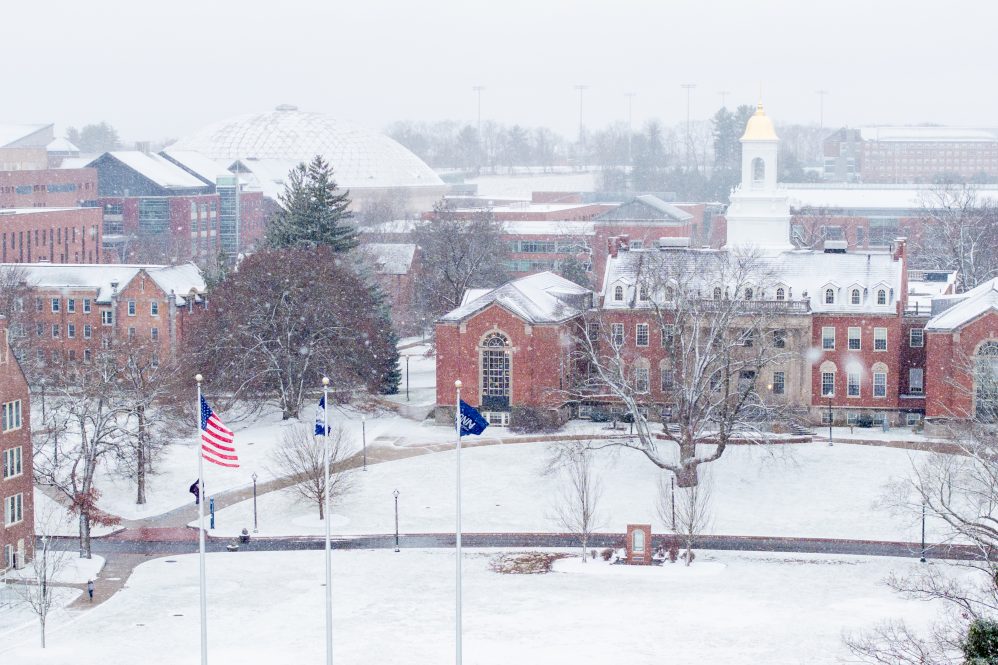The Joule Fellows Program has received a National Science Foundation grant of $496,129 to develop a project designed to enhance engineering teaching in Connecticut high schools and, ultimately, address the ongoing decline in the number of U.S. citizens training to become engineers.
For the project, entitled “RET in Engineering and Computer Science Site: The Joule Fellows: Teachers in Sustainable Technologies Research Laboratories,” UConn will serve as host to state teachers for six weeks in summer. Kazem Kazerounian, dean of the School of Engineering, and Materials Science & Engineering (MSE) professor Dr. Radenka Maric are directing the project.
This award began May 15, 2014 and ends April 30, 2017. For each year of the grant, the program will train 18 teachers as Joule Fellows. By the end of the program, the Joule Fellows will have examined engineering developments through classroom instruction, guest lectures and field trips. To expand the impact of their experience beyond the RET program, they will learn best engineering research practices, proposal writing, technical communication, scientific ethics and code of conduct among other subjects. They will also learn techniques for creative problem solving in the laboratory and learn how to translate this knowledge into effective lessons for their students.
There will also be a focus on energy, which will equip Joule Fellows to teach, mentor, and enlighten students and colleagues on energy alternatives, conservation, impacts. It will also increase the potential for engineering research to find effective solutions for a sustainable future. The mentoring program will allow for the broad dissemination of energy knowledge throughout the state.
The Joule Fellows program will be recruited from a broad range of schools. Some will come from schools that fall short of targeted funding and performance measures. These include urban schools in Hartford, Willimantic, Bridgeport, Bloomfield, New Haven and Waterbury, where there are fewer resources to excite students’ interest in STEM subjects. Six teachers will be recruited from technical high schools – despite being a rich pipeline of technically proficient students, these schools are often ignored by four-year colleges. Two to four Fellows per year will be recruited from community colleges. Doing so exposes their faculty – and through them, their students – to the engineering opportunities available at four-year universities. And two to four teachers will be recruited from schools that consistently perform high in science and math testing, ensuring that this population of high achievers is exposed to engineering as a viable and exciting alternative to degree programs and careers in science, medicine, business or law.



